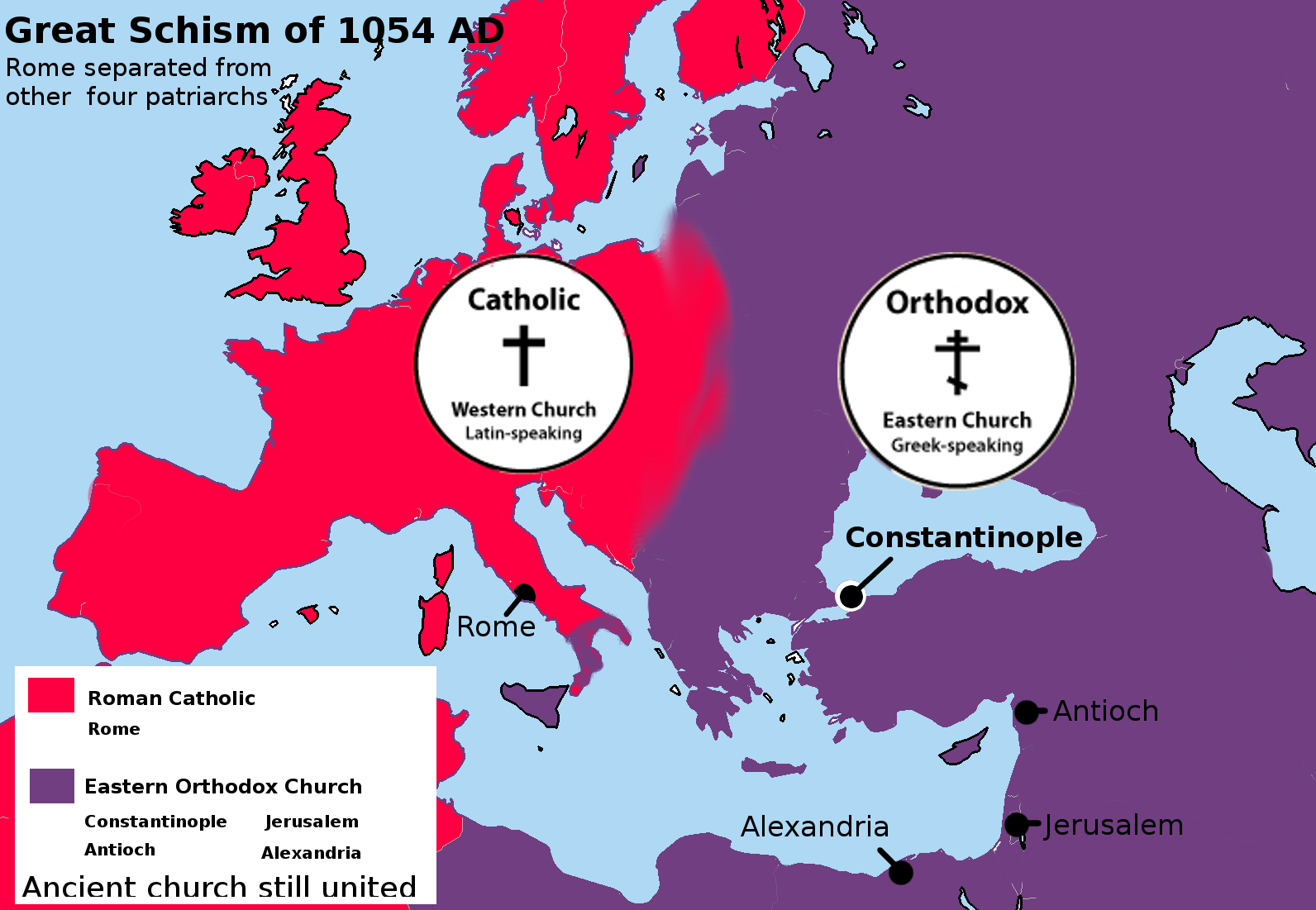
There’s an endemic debate over what people are saying when they refer to ‘the west’. Is the west defined by its whiteness, its wealth, its liberal …
—-I love this post. I think this analysis is clear, and correct.
Ive been following Studebaker’s blog for some years now and I have to say that most of the time I disagree with his political analyses that try to verge over into the philosophical. but this one I think is spot on. So much so that I think I’m going to have to reference it in a paper that I’m developing, hopefully, right now.
I enjoy how he describes the development of what we understand as liberalism, or perhaps just this current brand of liberalism, or perhaps the liberalism that we find now. it makes so much sense: When we put morality as the criterion through which politics it’s justified, we find ourselves caught in a paradox, but more a contradiction, in the effort to ground a real milieu of distinctly individual entities, The name for which is pluralism.
This explains for me the problems that I associate with “conventional philosophy”;  namely, how do we ground the multiplicity of expressed discourses, what we know of as subjectivity, in an arena which gives justice to each as well as all? But further, and I think this is the more aggravating of problems of plurality, how do we give justice to those entities which arrive unethically? Which is to say, for example, terrorists, or murderers, or despots or abusers? I think this is the significant question that Studebaker is outlining. For, we would have to be able to justify the actions of such entities within a larger scheme of ethics, which if we are putting morality above politics, further aggravates the problem because we already know that we can’t find it such a ground in plurality.
So good!
Ben, maybe you could give me the proper citation for this post? Xx

Leave a reply to Hesiod Cancel reply